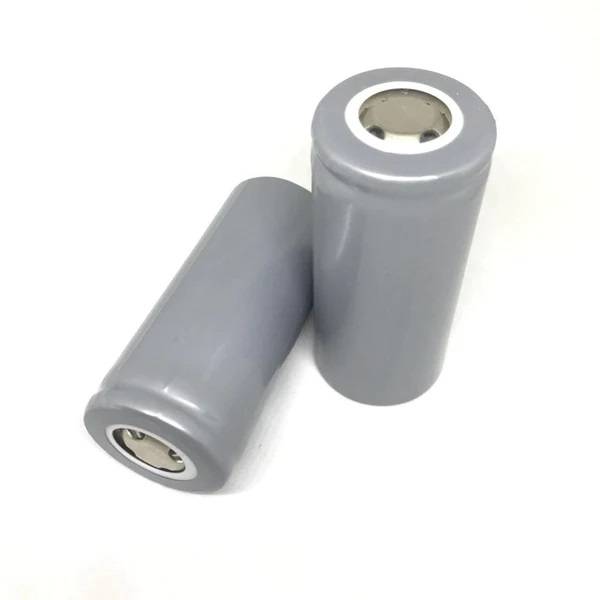The C20 battery rating indicates the capacity of a battery when discharged over a 20-hour period. For example, a 100Ah battery with a C20 rating can deliver 5 amps continuously for 20 hours before being fully discharged. This rating is crucial for understanding how a battery will perform under specific load conditions.
Why is C20 rating important for battery performance?
The C20 rating is essential because it provides a standardized measure of a battery’s capacity under typical usage scenarios. It helps users gauge how much energy they can expect from a battery over an extended period, which is particularly important for applications like solar energy systems and backup power solutions.
How does C20 compare to other battery ratings?
C20 ratings are just one part of a broader system of battery ratings that include:
- C10: Indicates discharge over 10 hours; suitable for higher current applications.
- C5: Indicates discharge over 5 hours; reflects faster discharge rates.
- C100: Indicates discharge over 100 hours; useful for very slow discharge applications.
As the number decreases (e.g., from C100 to C5), the discharge rate increases, meaning the battery can deliver more current in less time.
What are the applications of C20 batteries?
C20 batteries are commonly used in various applications, including:
- Solar Energy Systems: Providing reliable power storage for off-grid living.
- Recreational Vehicles (RVs): Powering appliances and electronics during travel.
- Backup Power Solutions: Ensuring power availability during outages.
- Marine Applications: Supplying energy for boats and other watercraft.
How can you determine the right battery rating for your needs?
To determine the right battery rating:
- Assess Your Power Needs: Calculate the total wattage of devices you intend to power and how long you need them to run.
- Consider Discharge Rates: Choose a rating (C5, C10, or C20) based on how quickly you will draw power from the battery.
- Factor in Efficiency: Consider the efficiency of your inverter and any potential energy losses during use.
- Select a Battery with Higher Capacity: It’s often wise to choose a battery with a higher capacity than your calculated needs to ensure reliability.
Top 5 Models in Batteries with C20 Rating
When considering batteries with a C20 rating, certain models stand out for their performance and reliability. Below is a comparison chart of top-rated models:
| Model Name | Voltage (V) | Capacity (Ah) | Application | Features |
|---|---|---|---|---|
| Trojan T-105 | 6 | 225 | Golf Carts | Proven deep cycle performance |
| Lifeline GPL-4CT | 6 | 255 | Marine Applications | Sealed design with long lifespan |
| Exide XMC-6 | 6 | 220 | RVs | Maintenance-free with high discharge rates |
| Renogy LiFePO4 | 12 | 100 | Off-grid Systems | Smart BMS balancing |
| Universal Power Group | 12 | 100 | Backup Power Solutions | High efficiency with low self-discharge |
These models are recognized for their robust design and ability to perform safely under various conditions.
Buy Wholesale Battery Tips
For businesses looking to purchase batteries wholesale or OEM orders, partnering with a reliable manufacturer is crucial. Redway Battery is a great choice for battery wholesale buyers or OEM clients overseas due to its extensive experience in producing high-quality lithium and lead-acid batteries.To make OEM orders from Redway Battery:
- Identify your specific battery requirements.
- Contact Redway’s sales team with your specifications.
- Discuss pricing and minimum order quantities.
- Finalize your order details and payment terms.
- Receive your customized batteries directly from the factory.
Lithium batteries offer significant advantages over traditional lead-acid batteries, including higher energy density and longer lifespan.



